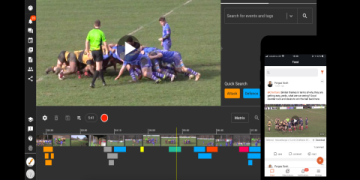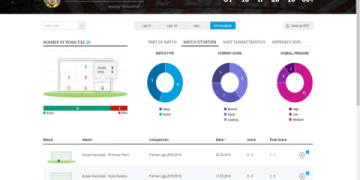A sports analyst is a professional who examines athletic performance, team strategies, and industry trends to deliver insights that inform coaches, players, media, and fans. Using a blend of statistics, video breakdown, and domain expertise, the analyst transforms raw data—such as player tracking metrics, biomechanical markers, or economic forecasts—into actionable narratives. On game day, they might sit inside a stadium’s analytics bunker, feeding real-time probabilities to a headset-clad coach deciding whether to attempt a fourth-down conversion. On Monday morning, the same analyst could be coding a machine-learning model that predicts injury risk from workload spikes. The role spans three primary arenas:
1. Performance analysis, where biomechanics and tactical code inform training cycles;
2. Broadcasting & journalism, where graphical stories enrich the viewer experience; and
3. Business intelligence, where ticket-pricing algorithms and sponsorship valuations shape franchise revenue.
Regardless of the setting, the core mission is constant: convert noise into knowledge, giving decision-makers a clearer picture of what happened, why it happened, and what is likely to happen next.








































